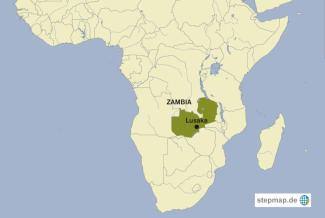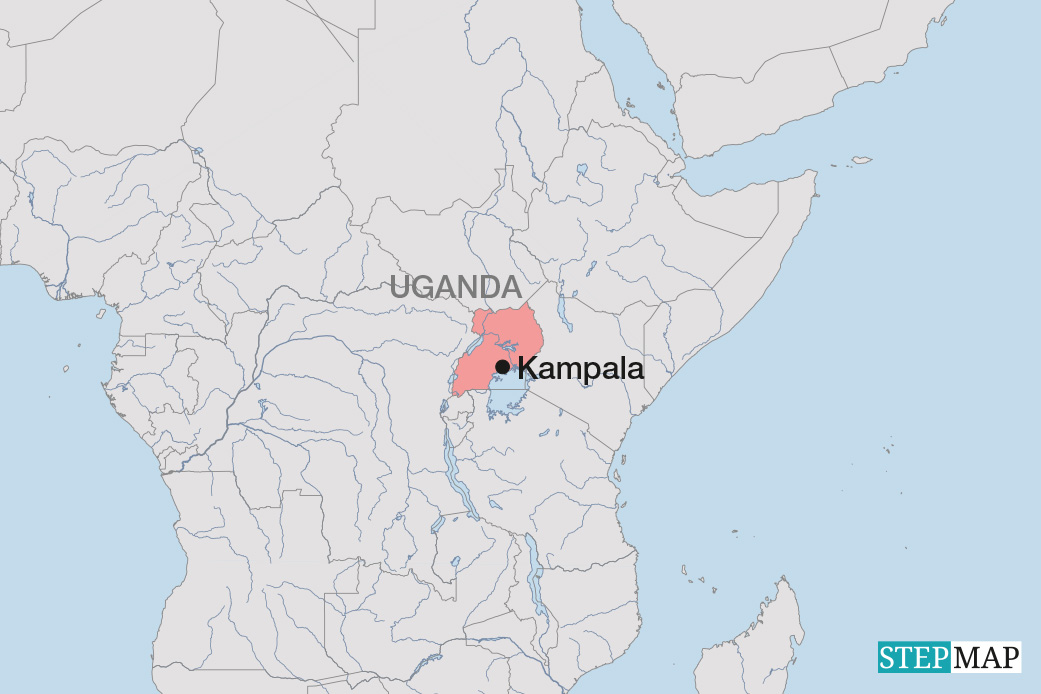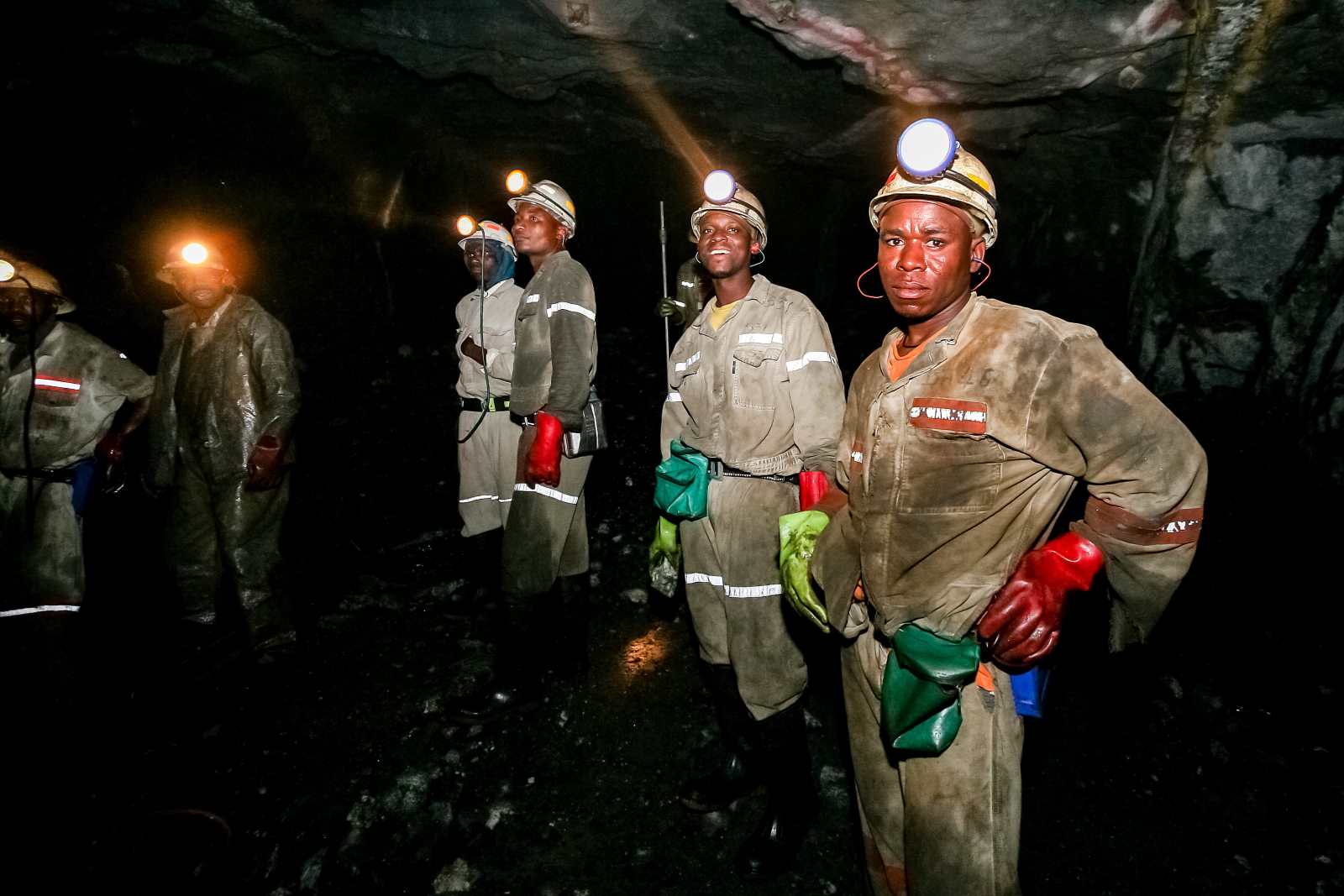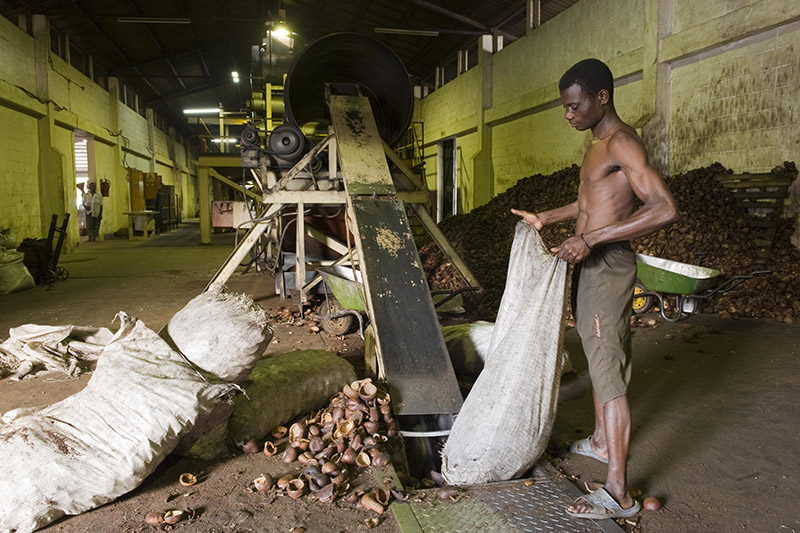Tourism
Travelling close to home

Since travel restrictions entered into force in March 2020, Zambia’s flow of international arrivals has dwindled to virtually nothing. Many Zambian tour operators, hotel and restaurant owners, convention and festival organisers and sports event sponsors are facing very difficult times.
To replace some of the revenue lost as international visitors stay away, the Zambian industry is focusing on building a domestic tourism market. In October 2020, the first-ever Zambia travel conference was held at the Maramba River Lodge, four kilometres from Victoria Falls.
The conference in southern Zambia attracted over 150 tour operators and other industry members. It focused on how to encourage Zambians to travel within their own country. “It is very important that we meet like this and develop a plan to promote domestic tourism,” Eugene Mapuwo, the mayor of Livingstone told the meeting.
“We need to adopt online marketing strategies if the industry is to bounce back,” said Simone Layton, manager of the Shamba Lodge in Kitwe in north-central Zambia. “A lot of people in the industry are realising how devastating the pandemic has been to their business. Most weren’t prepared for it.”
The Zambia Tourism Agency, a government body, is developing tour packages geared to in-country travel, says marketing director Mwabashike Nkulukusa. “The agency is drafting a plan to help attract domestic travellers,” he says. “It must be an all-inclusive plan, including prices, products and how the packages will be promoted.”
Some delegates were sceptical of this strategy, pointing to insufficient disposable income in the domestic market. “We have tried to scale down our rates but local tourists still can’t afford to spend money for a holiday,” Walter Joe Syakalonga, director of Sigo Adventures and Tours, said in an interview.
Other industry members argued that the government should focus on easing their tax burdens. They cite requirements to pay 10 % to 15 % employment taxes on staff, plus 16 % value-added tax and a 1.5 % tourism levy. The levies add to their cost of doing business and discourage travel, they say.
So far, the government has helped somewhat by granting tour operators and hoteliers more time to pay income and value-added taxes. And officials are publicly encouraging domestic tourism. “I encourage all citizens to support the tourism industry while observing Covid-19 health guidelines,” Finance Minister Bwalya Ng’andu said in his 2021 national budget address.
Zambia in fact has a lot to offer tourists, wherever they come from. Aside from the famed Victoria Falls, Zambia is home to several other majestic falls and the mighty Zambezi River. Several national parks and game reserves offer opportunities for observing wildlife, whilst busy urban areas provide a window on the country’s diverse culture.
Zambia’s effort to boost domestic travel may provide ideas and best practices for tourism operators elsewhere. The worldwide tourism industry certainly needs all the help it can get. According to the World Travel and Tourism Council, an industry body, the global industry will shrink by up to 30 % in 2020, shedding some 50 million jobs.
Derrick Silimina is a freelance journalist based in Lusaka. He focuses on Zambian agriculture and sustainability issues.
derricksilimina@gmail.com













